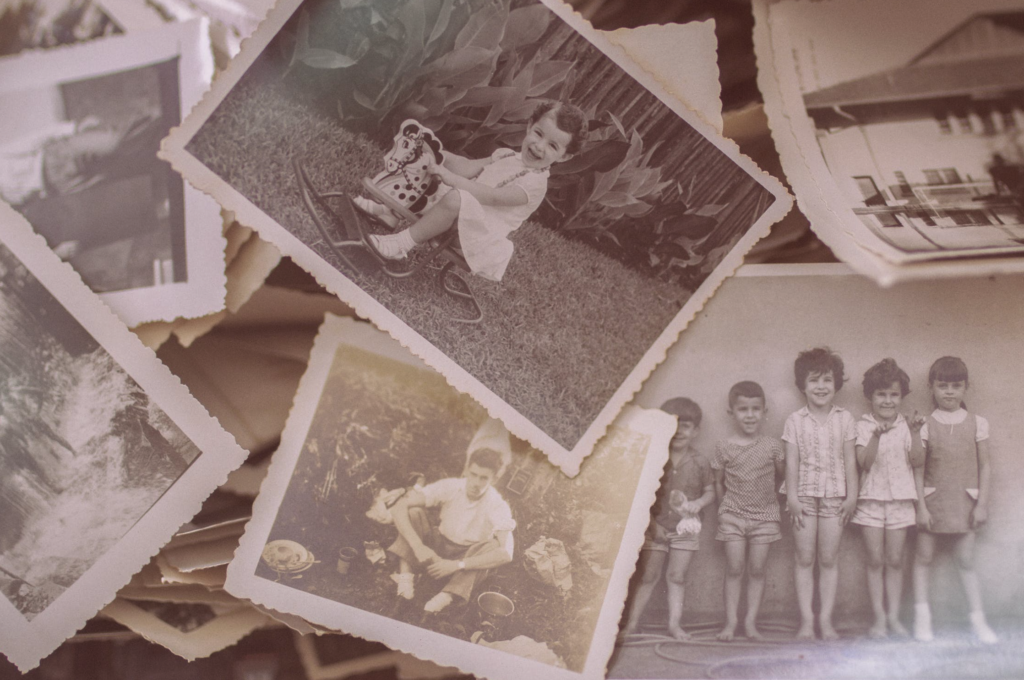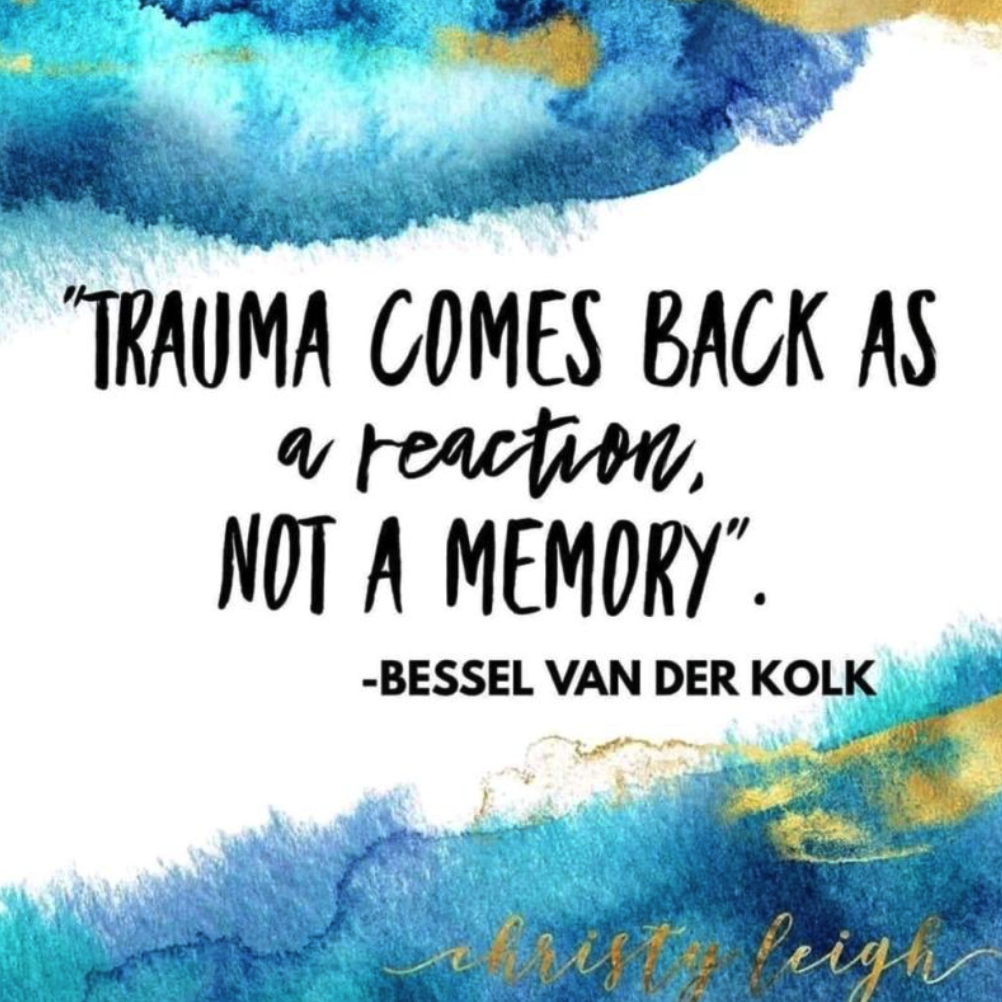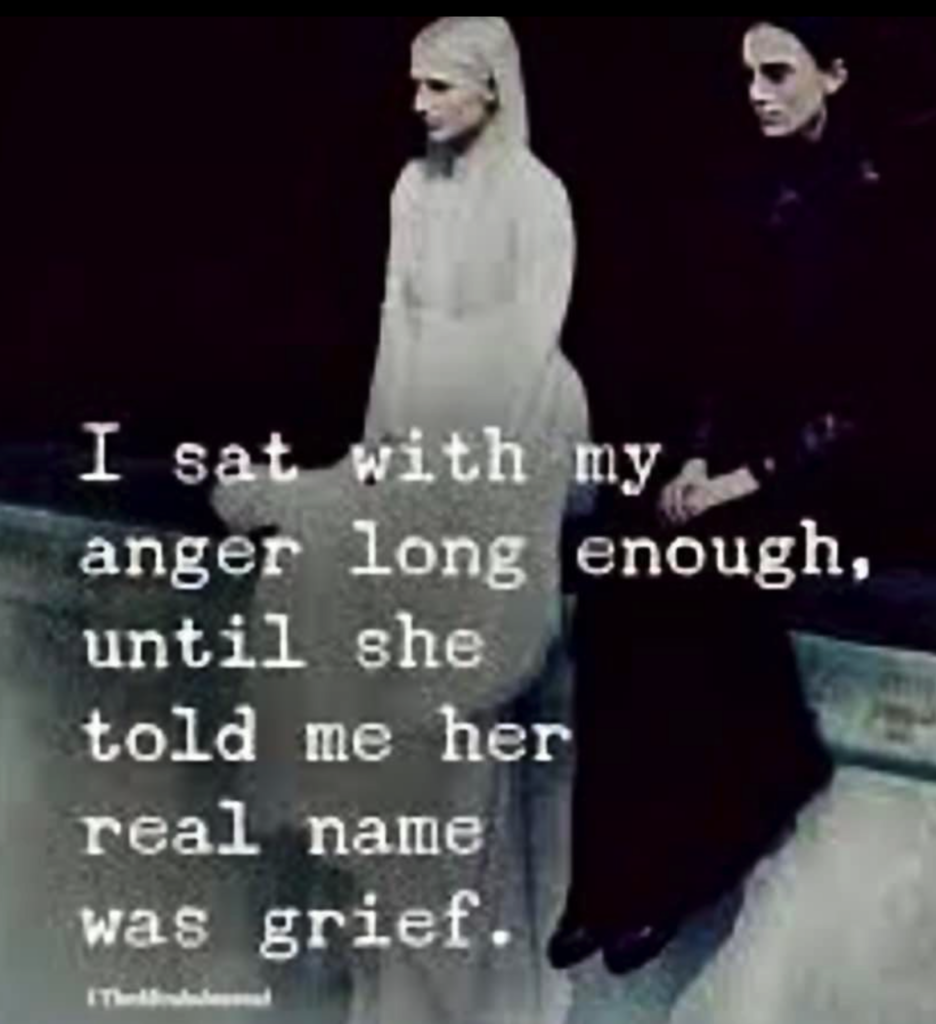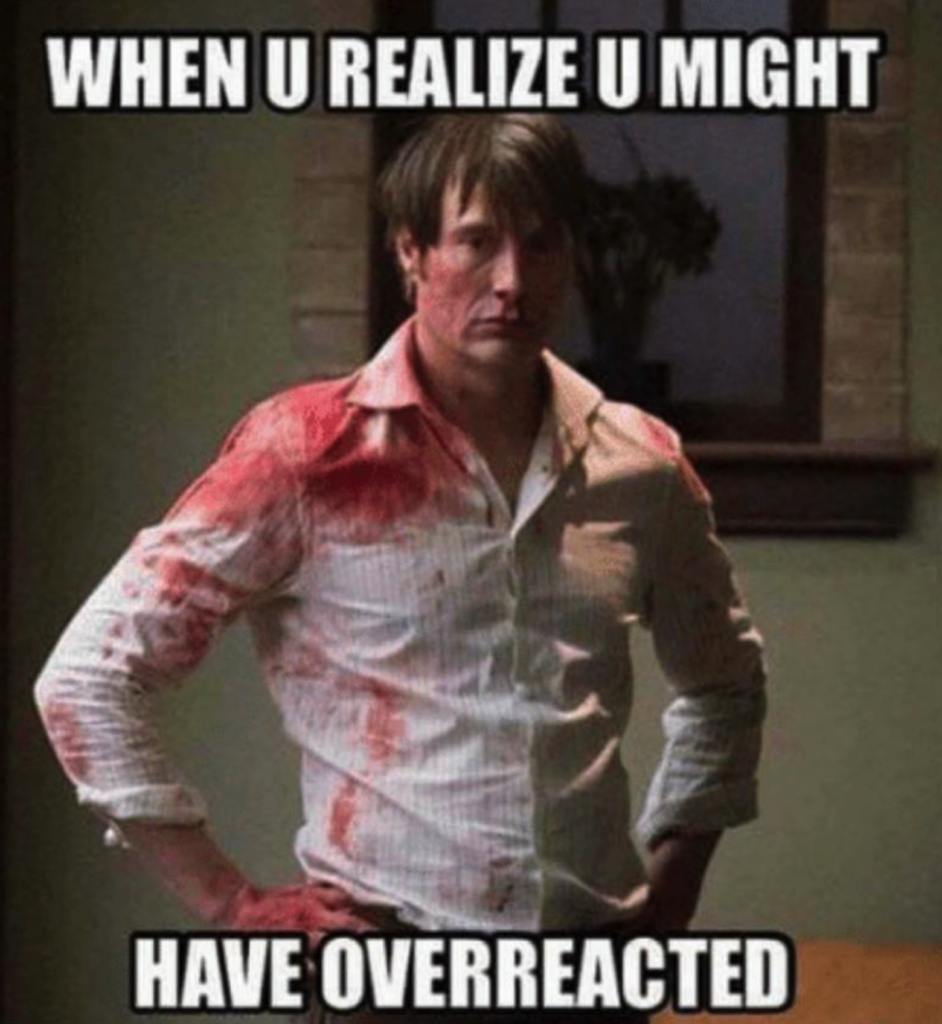

Memory is a tricky thing. We like to believe our brains are like a video camera recording every detail of every event with perfect precision. Or at least I’m guilty of believing this…especially when at odds with someone.
But, aside from memory making us martyrs, it serves many other useful purposes in life and in fiction.
I honestly did not appreciate how important our memories are until I created what I thought was a clever character. The premise of my story was, “What if DNA could be hacked? What if humans could be deleted?”
Cool idea and one I still work on when not doing the paid work. But, to be blunt, I wrote myself into a corner.
How? I failed to properly appreciate memory. While it was clever to think of humans in terms of machines made flesh, it doesn’t really work that way. Or at least that is what I realized once I was a good ways in.
Since the premise involved, essentially ‘hacking’ humans, one of my main characters had no memory. He’d been ‘wiped’, to use the computer term.
But was that even possible?
Memory is the Human Operating System


For those who are NOT computer nerds, every computer has to have a core OS (operating system). When a tech wipes a computer, that computer cannot be totally blank or what we’re left with is a VERY expensive piece of plastic with metal bits.
Without the kernel, the computer cannot function. It has no way of running any basic operations, let alone any software.
What does this have to do with people?
Memory, in large part, is the core of WHO we are. This is why dementia is such a terrible disease. That is a form of degenerative memory loss that is impacting the core of the person, which is why, in advanced stages, those suffering eventually forget how to talk, swallow and breathe.
There are many forms of amnesia that usually fall under the banner of retrograde or anterograde amnesia. Anterograde amnesia is the inability to form long-term memories. Think of Dori in Finding Nemo (refer to What Finding Nemo Can Teach Us About Story Action).
Retrograde amnesia is the inability to recall information before a trauma, operation or whatever caused the memory loss (think The Bourne Identity).
The key thing to me is that the memories are still THERE. The data might be in fragmented bits but it still exists. It is all a matter of retrieving the information and cobbling the pieces back into something meaningful.
No Such Thing as a Tabula Rasa


Some psychologists, sociologists, psychiatrists, etc. once speculated that humans, at birth, were what’s known as a tabula rasa or a “blank slate.” This meant that any problems or peccadillos had to be an offshoot from environment and nurture. Given the right home and upbringing, any child could be a prodigy or at least a functioning member of society.
However, the idea that humans were all equal blank slates to be molded in any form, didn’t neatly fit with reality. We all have a unique genetic makeup. Humans are each born with certain traits, strengths, and weaknesses that upbringing alone simply cannot account for.
So the idea that I could have a character who’d been completely ‘wiped’ quickly devolved as I wrote. First, he’d have certain genetic predilections that might make him naturally more aggressive, more intelligent, less emotionally sensitive, or whatever.
Then, he still had to have at least SOME fragments of his old life somewhere or he’d be useless. How would he remember how to drive? Fire a gun (it was a sci-fi thriller)? His combat training? Granted, it was a simple enough fix.
All in all, it was better to suppress his memories, not erase them.


I merely use this example to point out a) even I am the victim of my own ‘cleverness’ and b) I underestimated just HOW much we rely on memory for basic survival.
Anyway, I wasn’t too far in when I realized a character who’d been ‘wiped’ of all memory couldn’t have an accent, an opinion, formulate higher thinking without older memories at least being present in some form.
Even if these older memories were running as an unconscious subroutine, something had to fill the void. If not? He’d be a boring, if not utterly useless automaton.
In short? Memory makes man.
Character and Memory


In the beginning of the post, I mentioned how some believe(d) that the brain really does record everything exactly as it happened. If we can’t remember a certain event, it’s simply because, for whatever reason, we cannot access it (like accessing a file).
The movie The Final Cut, starring the late, great Robin Williams did an interesting job of challenging this notion of true memories versus those formed organically. In the movie, the wealthy can have what is referred to as a Zoe implant surgically inserted into infants.
EYETech records every detail of what a subject sees. Upon death, special techs known as ‘cutters’ then edit out all the bad and truly horrible stuff and create essentially a montage for posterity.
The movie does a fabulous job of juxtaposing what REAL memory is against what we BELIEVE is real. For instance, if memory serves me right (*bada bump snare*) there is a scene at a funeral. One of the grieving family members watches the Zoe film from a lost loved one and adamantly insists the color of a boat was a totally different color.
But the Zoe is an ACTUAL recording, so it can’t lie. Emotions hold no sway. Zoe memories cannot be multiple memories compressed into what seems to be a solid singular recollection.
See how memory can already create tension? One character recalls an event in a totally different way. Maybe the trauma suppressed certain details or the ‘memory’ is actually several different events fashioned together?
What FORMS Character?


When creating characters, we must keep in mind what forms what we call ‘character’? What makes words on a page come to life and feel more alive than people around us? In short, our jobs as writers is to create resonance.
How to do this? We use the character triad. The Wound, because pain deepens our stories. Then, there is the Blindspot and, finally, Shame. All three of these are inextricably bound. Wounds are often a source of shame which can also then create a blindspot. Weirdly enough, the answer to that which vexes us most is often found in the one place we cannot SEE.
This is why therapists will always have a job. Their role is to help us see beyond the haze of pain and calm down long enough to do some honest reflection. Why? Because our memories are often colored/edited because we were wounded.
When something traumatic happens, we humans automatically shift into reptile brain thinking. It is survival mode. This is why certain elements are crystal clear. Pupils dilate to allow in as much information as possible, but simultaneously, we fixate on the threat to the exclusion of other—possibly salient—information.
Adrenaline hard codes certain details to the necessary exclusion of others. This is one of many reasons why eye witness statements are grossly unreliable.
Emotion and Memory


Have you ever had someone berate you in public and leave you, mouth gaping like a stranded goldfish? Then twenty minutes later you FINALLY think of the perfect comeback? But…it is too late.
Or, perhaps you lost your temper, said things you can barely recall? In the heat of the moment maybe you fell apart, lashed out, or retreated. Yet, it all seems a bit hazy.
This is the amygdala hijack.
Earlier we mentioned how humans shift into fight-or-flight when under duress. This can come with some complications later. Because our brain floods the system with stress hormones like adrenaline, cortisol and the like, it impacts how our brains then code the memory. Too often, we’re upset trying to piece together what happened using bits of our own memory and maybe some accounts of those who witnessed the events.
Suffice to say, this is NOT the cold, unbiased recording of a camera. It is human and flawed.
Reactions and Memory


Have you ever had a bad day at work or home and completely overreacted? In my humble POV as a highly qualified armchair psychiatrist, this is because trauma often comes back as a reaction not a memory.
This is true with regular people, so why wouldn’t this also apply to dimensional characters?
Humans who always say and do the right/responsible thing no matter what are not very interesting. You never know who anyone really is until you put that person under pressure. If that sane, grounded, responsible person is STILL sane, grounded, and responsible after you (Author God) destroy their world? That is NOT the right character for riveting fiction.
Now, when that sane, grounded, responsible person suddenly acts in a way NO ONE could have ever anticipated? THAT is interesting.
I know this is an oldie but goodie. But since we are talking a lot about amnesia, residual memory and trauma, y’all remember the movie The Long Kiss Goodnight?
Samantha Caine is a wife, homemaker and schoolteacher. PTA meetings are about as exciting as it gets. But who is Samantha Caine…really? After being rescued from a near-fatal accident almost ten years previously, she’s rebuilt her life with no memory from her past.
That is, until a car accident and a head injury starts to jangle bits of her past back into her present. What’s been buried in Samantha’s subconscious is the key to survival not only for her but her family.
This was my favorite part of the movie.
Trauma and Response
Everyone reacts to stress and trauma in different ways. As much as we’d like to say or believe something is in the past, is it? Really?
Memory is what makes paper-doll characters come to life. Too many new writers stop at surface description. If we want to describe hair and eye color, fine. Some genres (say, romance) almost require a detailed physical description. That, in and of itself, is not the problem. The problem is when we STOP there.
Why is your character brooding, dark, mysterious? Did your character choose their profession willingly or as some sort of compensation?
For instance, did your character become a doctor because she wanted to? Or because she was drinking and driving in college and ran down a teenager?
Maybe this terrible secret (guilt and shame) is WHY she chose to become the best trauma surgeon. Saving people is her penance.
What do your characters do when stressed? Do they pick a fight, drink, make jokes, walk away, shut down? WHY?
Flesh out your characters and think how they then will conflict in the story. Someone who chatters away when stressed will drive someone who broods bonkers (think Donkey and Shrek).
Everyone has baggage. My rules when I was dating was a guy could have baggage, but carry-on only. For FICTION? The more the better. Story is how we RESOLVE trauma. And, as I mentioned earlier, trauma frequently comes back as a reaction, not always as a memory.
Humans are vastly complex. We are a product of all that has happened to us. Unconsciously, we are the result of what we either are too afraid or too ill equipped to deal with…so we stuff. Usually this coping mechanism works out fine…until it doesn’t.
Fiction should be full of all kinds of emotional triggers that will FORCE the protagonist to deal with demons they’d rather ignore. The story is the crucible, the fire that forces those bad memories/feelings/traumas to the surface.
In fact, the ONLY way for the protagonist to transform into a hero is to deal with what ‘baggage’ makes him/her too weak to take on the Big Boss Troublemaker at the very beginning.
They won’t want to remember, but they will have to. Memories make them who they are, good, bad, and ugly bits.
What Are Your Thoughts?
Do you see how even coming up with a brief meaningful bio can make a massive difference in knowing your characters? A great exercise is to take your characters and write them IN a scene. You don’t need to use this bit of writing, though feel free to if it works.
Write them in a variety of different scenarios. What is the moment of their greatest victory or deepest shame? Place them in danger. How do they react? Do they shut down or strike out? Play around and get to know your characters. This will help you get the casting right and make tweaks ahead of time.
Any thoughts, comments, questions, suggestions? Can you think of movies or books that were SO AMAZING because the characters felt more real than those around you? What are some examples? Why did those characters stand apart?
I love hearing from you!
What do you WIN? For the month of APRIL, for everyone who leaves a comment, I will put your name in a hat. If you comment and link back to my blog on your blog, you get your name in the hat twice.
What do you win?
The unvarnished truth from yours truly. I will pick a winner once a month and it will be a critique of the first 20 pages of your novel, or your query letter, or your synopsis (5 pages or less).
